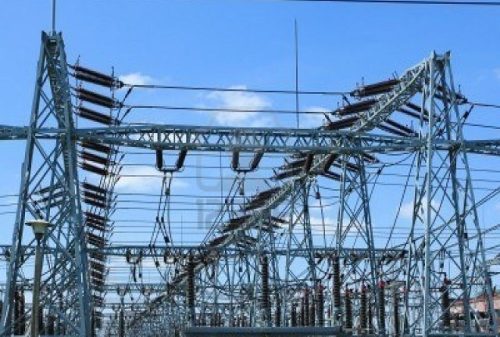
The institute also called on the Federal Government to audit all power infrastructure assets.
The advice came against the backdrop of recent electricity supply despite an increment in electricity tariff for Band A customers as announced by the Nigerian Electricity Regulatory Commission.
This was disclosed in a communique made available to journalists on Sunday at the end of a one-day conference on the power situation in the country organised by the institute in Abuja.
The communique which was signed by the institute’s President, Felix Olu, noted that the problems within the power sector include transmission infrastructure capacity, inefficient quality service and the unwillingness of distribution companies to accept loads.
The NERC had, on April 3, announced the tariff increment for Band A power consumers from N68 to N225 per kilowatt-hour with immediate effect.
Olu said, “The problems within the power sector include transmission infrastructure capacity, inefficient quality service, as well as the unwillingness of DisCos to accept loads, the private investor’s reluctance to invest in the power businesses and astronomical aggregated technical and commercial losses.”
Olu added that “a technical auditing of all power infrastructure and assets in Nigeria (Gencos, Transco & Discos) must be carried out in earnest,” and “the drastic reduction of distribution (ATC&C) and transmission losses to 10 per cent and 5 per cent respectively by 31st December 2024 should be achieved.”
He said there was no strict compliance on rule-based market design with strong penalties for defaulters, noting that the Electricity Act 2023 is silent on the handling of excess or insufficient power from the individual states and is not explicit on assigned roles for the Transmission Company of Nigeria.
The communique further recommended that “bottlenecks experienced in smart prepaid meter acquisition and deployment must be removed, including the engagement of local meter manufacturers just as the deployment of smart prepaid meters to customers, by meter asset providers, must strictly comply with relevant statutory regulatory instruments.
“Additionally, the government should set up a high-powered technical committee to review the unbundling proposal/policy and draw a workable, homemade road map.”
The institute recommended that the “technical analysis of TCN unbundling should be handled by a team of experienced technocrats which must include engineers,” adding that the “unbundling of TCN should commence after the states have all enacted their electricity laws.”
The communique read further, “There should be regular stakeholders meeting between system operators, market operators, gencos, transcos, discos and regulators while regulatory authorities should enforce compliance on their daily operations, the use of relevant codes, standards and regulations, in line with the Nigerian Electricity Supply Industry requirements.”












